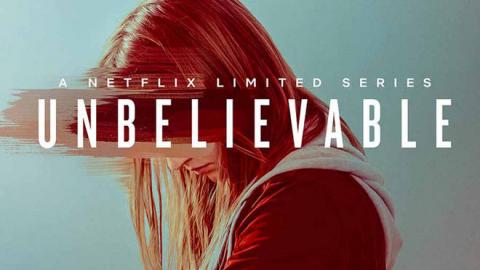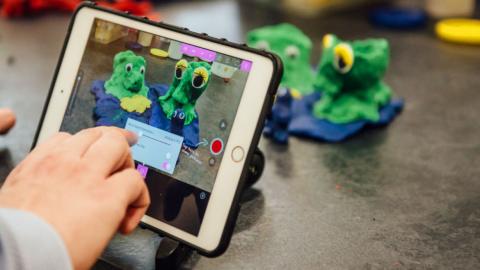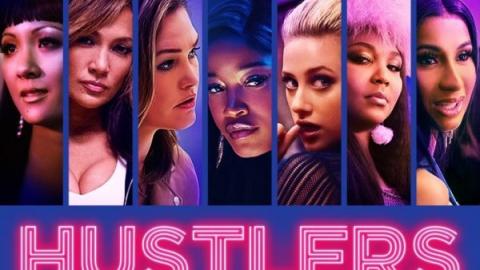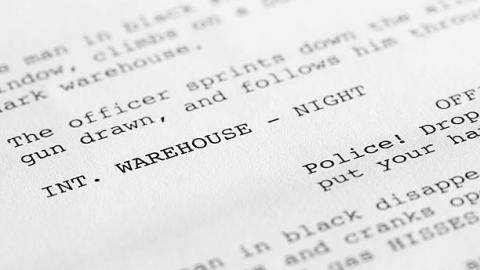Female Filmmaker Friday: Mary Harron, Director of "Charlie Says", Looks for Outsider Perspectives
Share with friends
“There was a feeling I had about stories that were not told; angles on history, which was very true of women.”
Few filmmakers’ works elicit as much discussion about art and humanity than those of Canadian director and writer Mary Harron.
Harron’s first film was I Shot Andy Warhol, debuting in 1996. The film is based on the true story of Valerie Solanas, a radical who wants Warhol to produce a screenplay she’s authored. When he ignores her, she shoots him. The film’s lead actress, Lili Taylor, won best actress at Sundance Film Festival for her dynamic portrayal. Harron’s depiction of Solanas shows her actions as wrong, but from her perspective, gives the viewer some understanding of events that, while still unhinged, are deeply compelling.
In 2000, Harron took on the huge task of adapting and directing American Psycho. The film, very controversial in its depiction of a Wall Street playboy who is also a serial killer, went through many difficulties during pre-production, including the studio firing Harron when she wouldn’t cast anyone but Christian Bale in the lead. She was eventually rehired, and it was agreed Bale would star as Patrick Bateman. The film is violent, sexually explicit, and crude at times, making many wonder how a woman could dare direct it. Harron, never afraid of bold, controversial topics, met it head on. Her work in the film is extraordinary, and her direction of Bale in his portrayal of a ridiculous character is genius, to say the least, being the film is a satire on masculinity.
In 2005, Harron directed The Notorious Betty Page. The story is about the notorious pinup model, Betty Page, whose bondage pictures made her one of the first sex icons in America.
Alias Grace, a six-part miniseries adapted from the best-selling novel by Canadian novelist, Margaret Atwood, debuted in 2017 on Netflix. Harron directed all six episodes. The story is based on the real Grace Marks who immigrated from Northern Ireland to Canada in the 1840s and became a maid in several households before working at the Kinnear Farm. She was convicted of murdering her master and his housekeeper, though no one knows, to this day, her level of involvement in the crimes.
This year, Harron has yet another controversial tale she’s tackling: Charles Manson. Or, rather, the women Charles Manson took in and brainwashed. Charlie Says takes the perspective of the women at the center of Manson’s cult, and looks to tell their stories.
The theme of Mary Harron’s work is quite dark, but she seems to want to give voice to those who have been avoided by others. Her characters are heavily flawed, but we still become engaged in their stories and want to know more.
Charlie Says is in limited release, and will be given a wider release May 17th.




